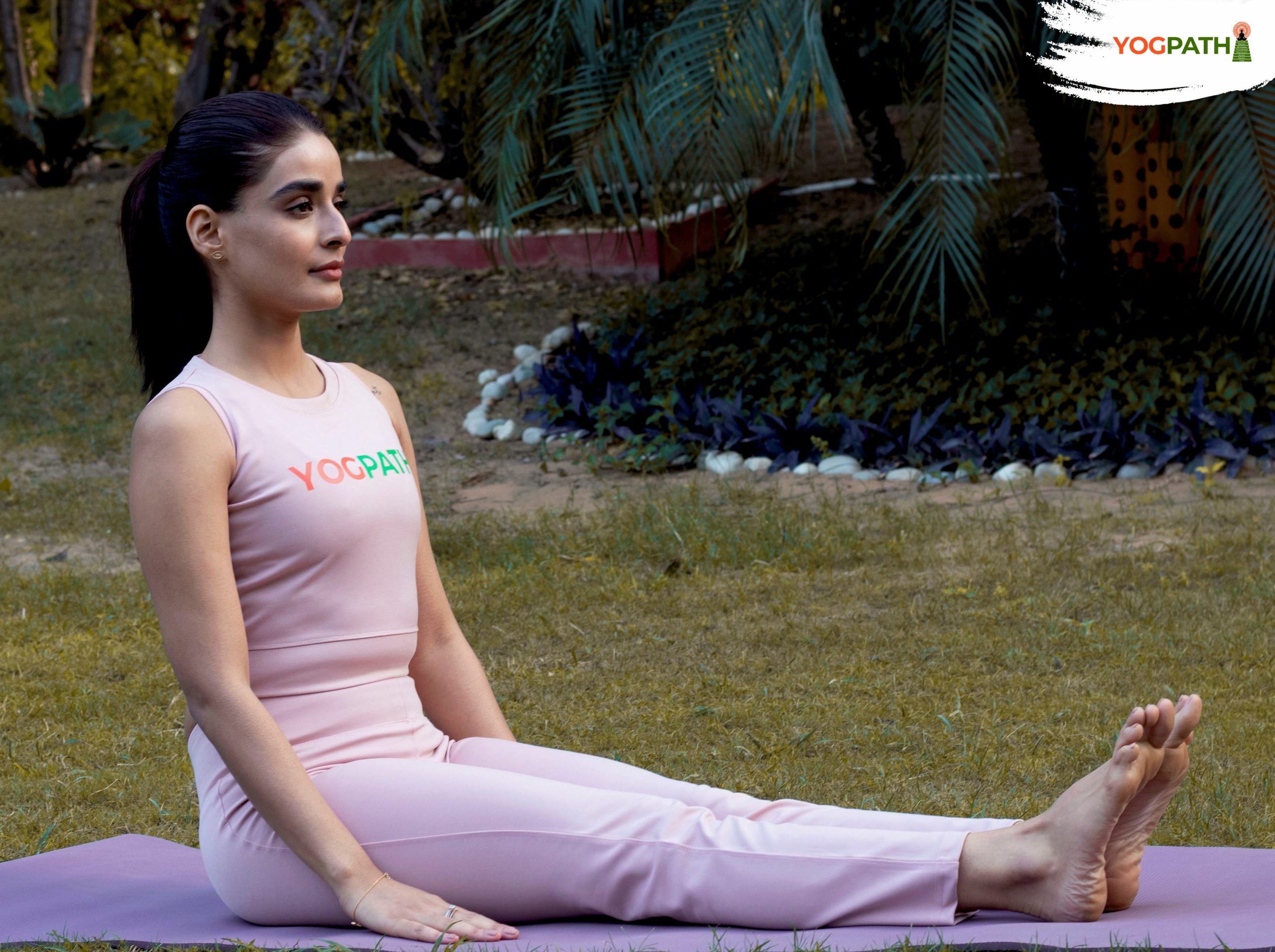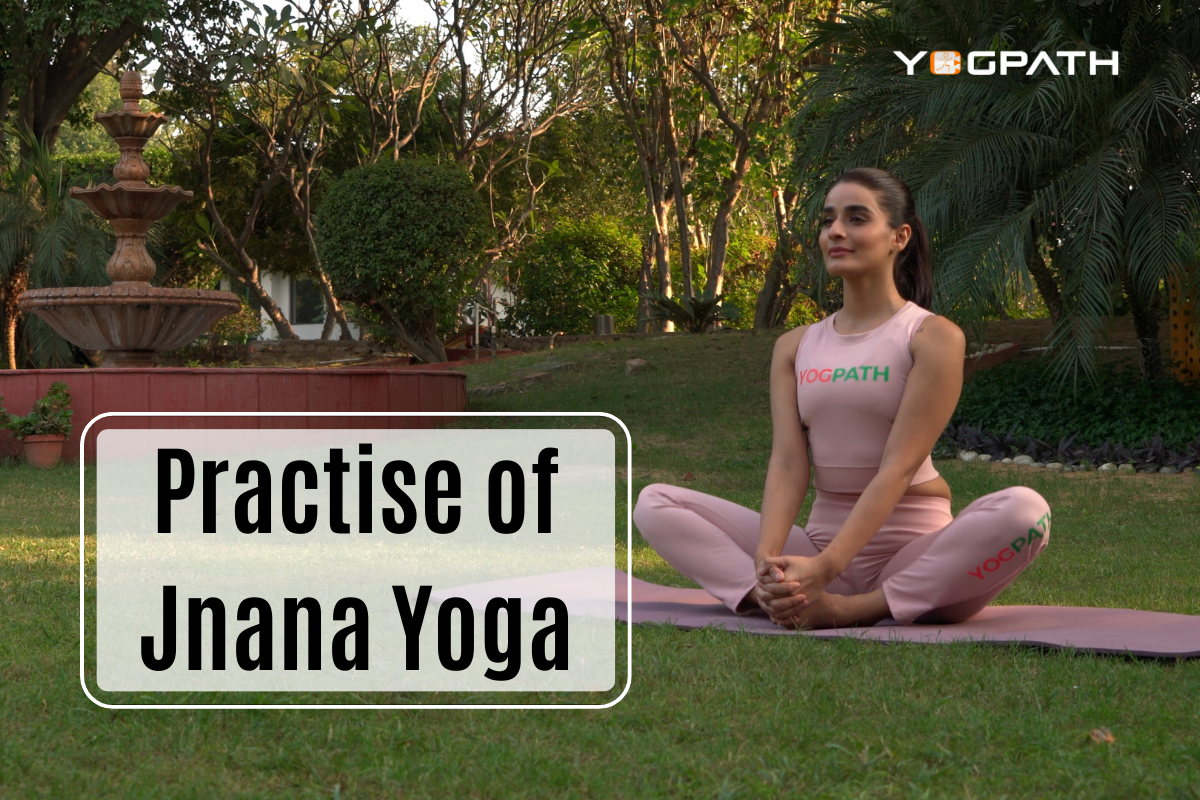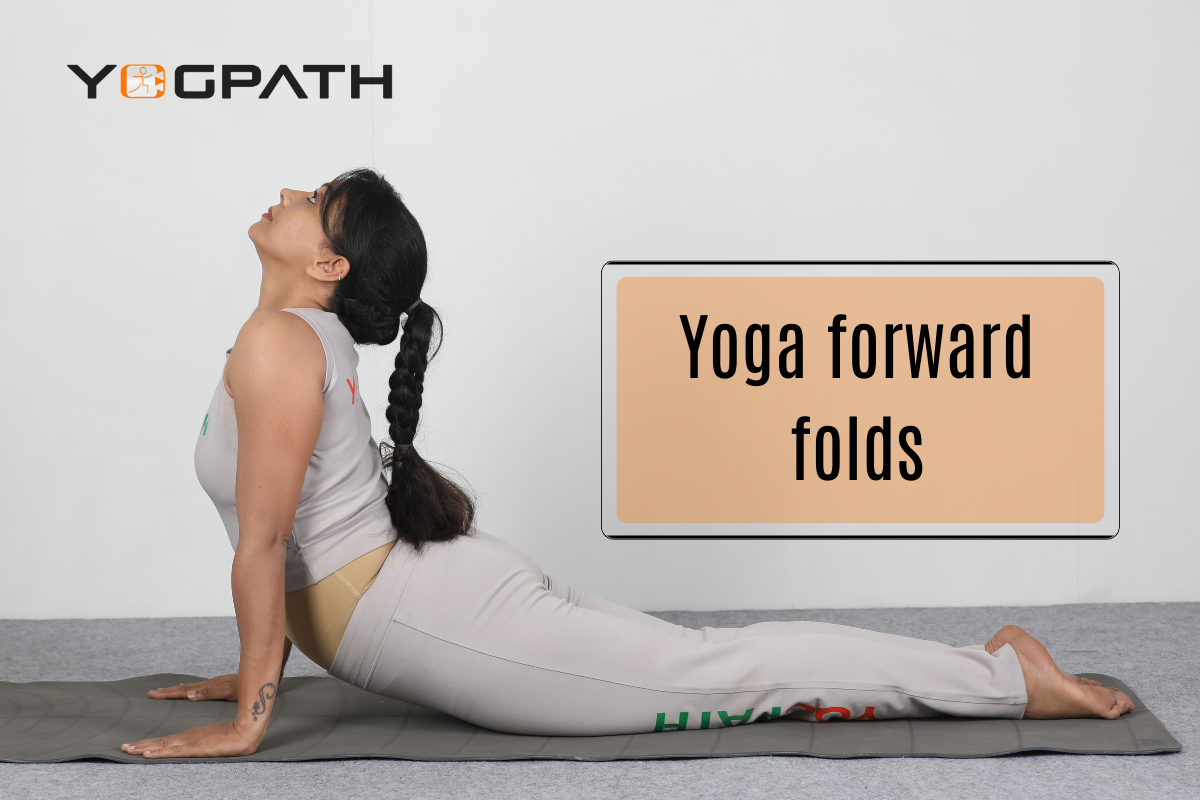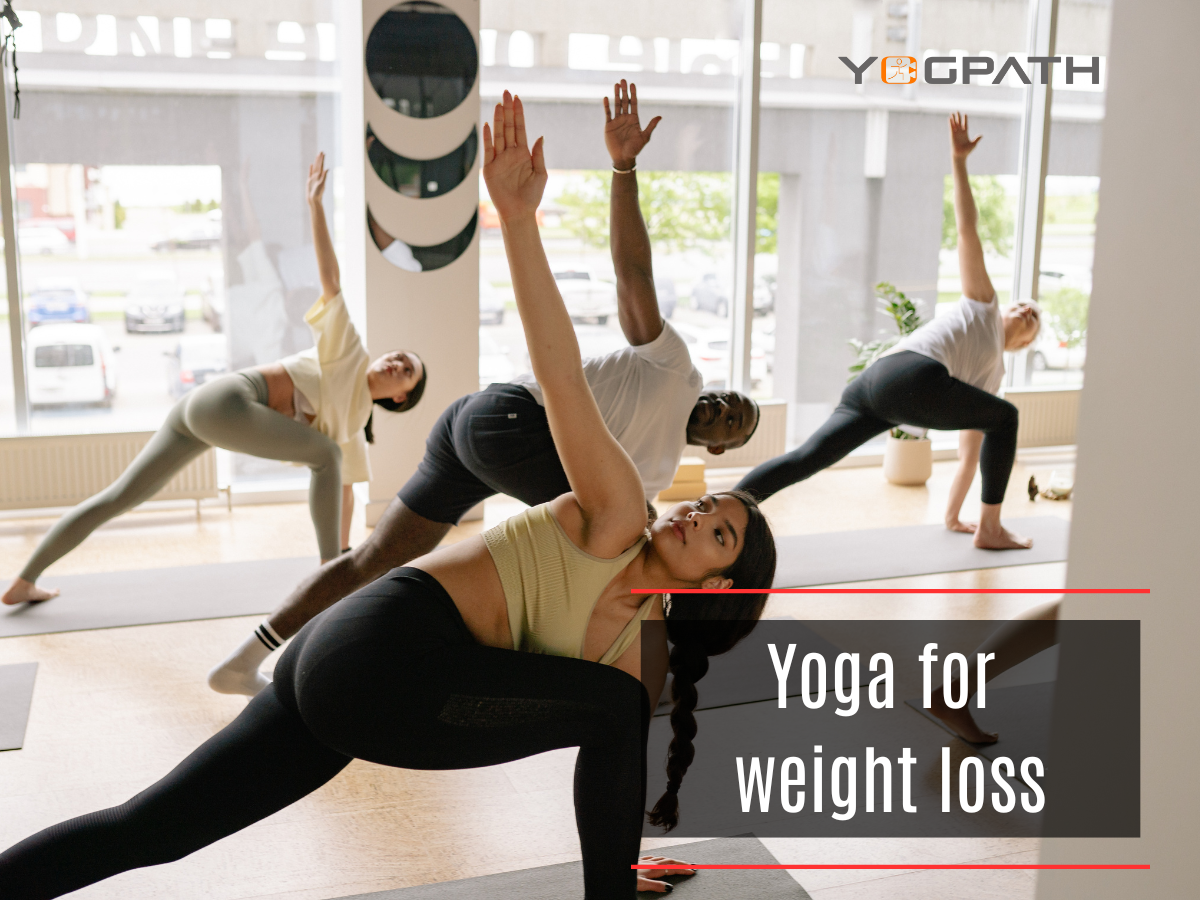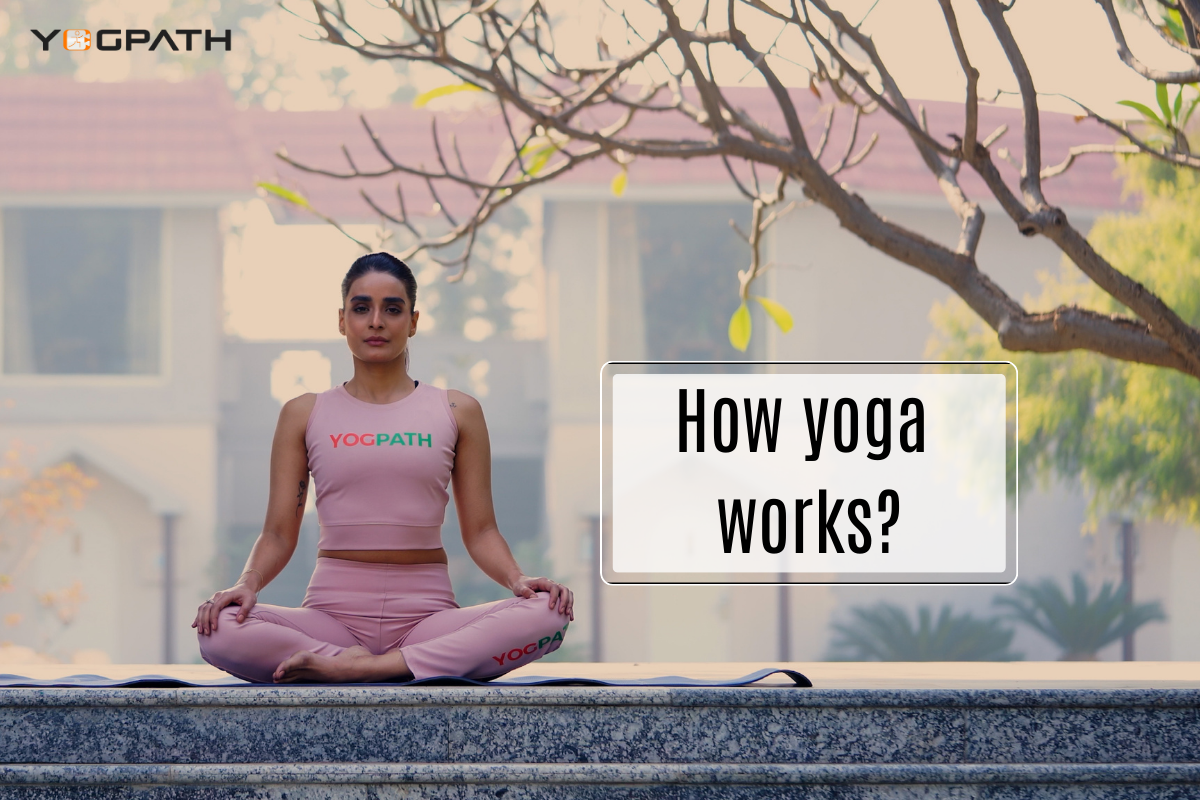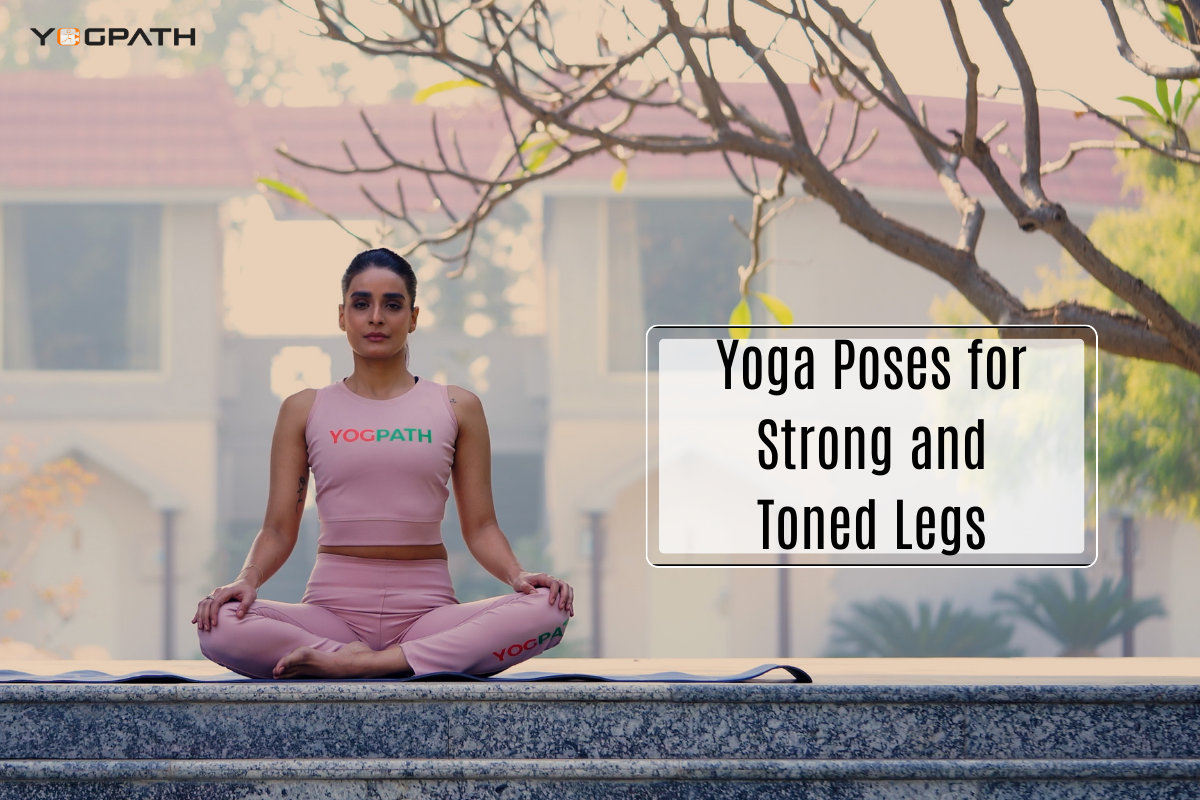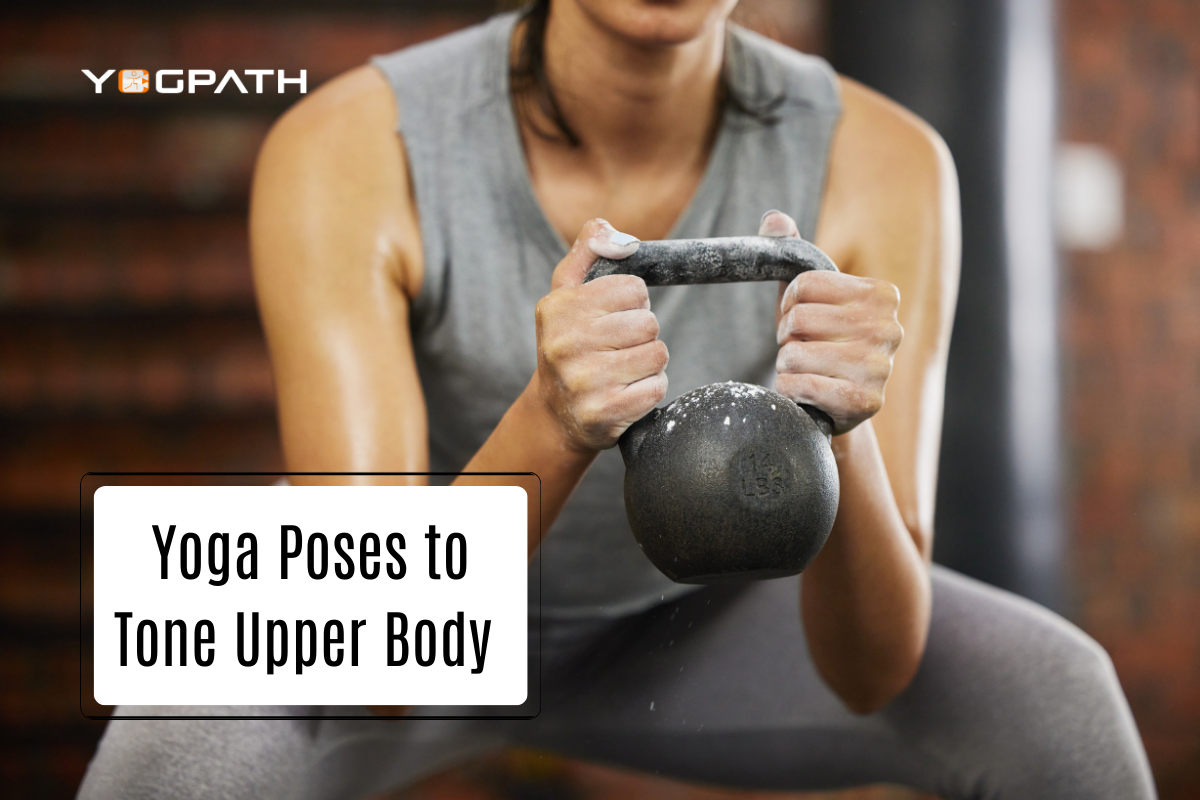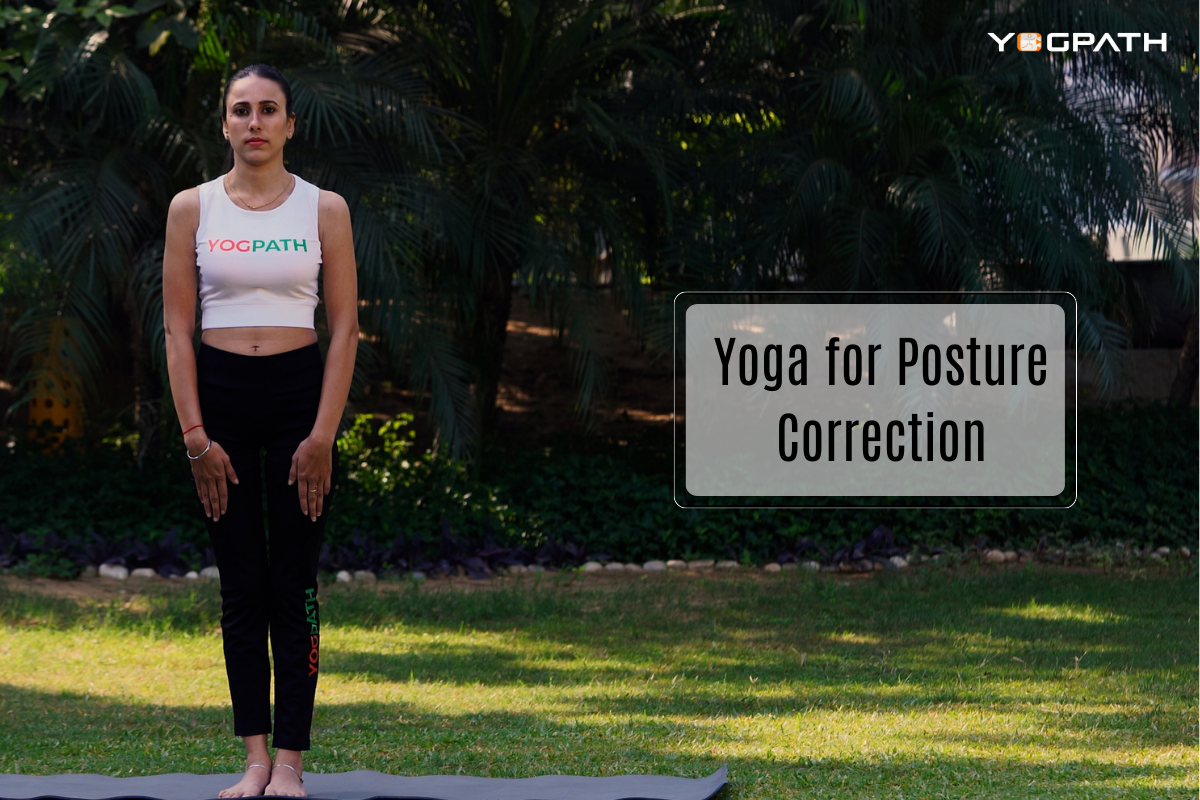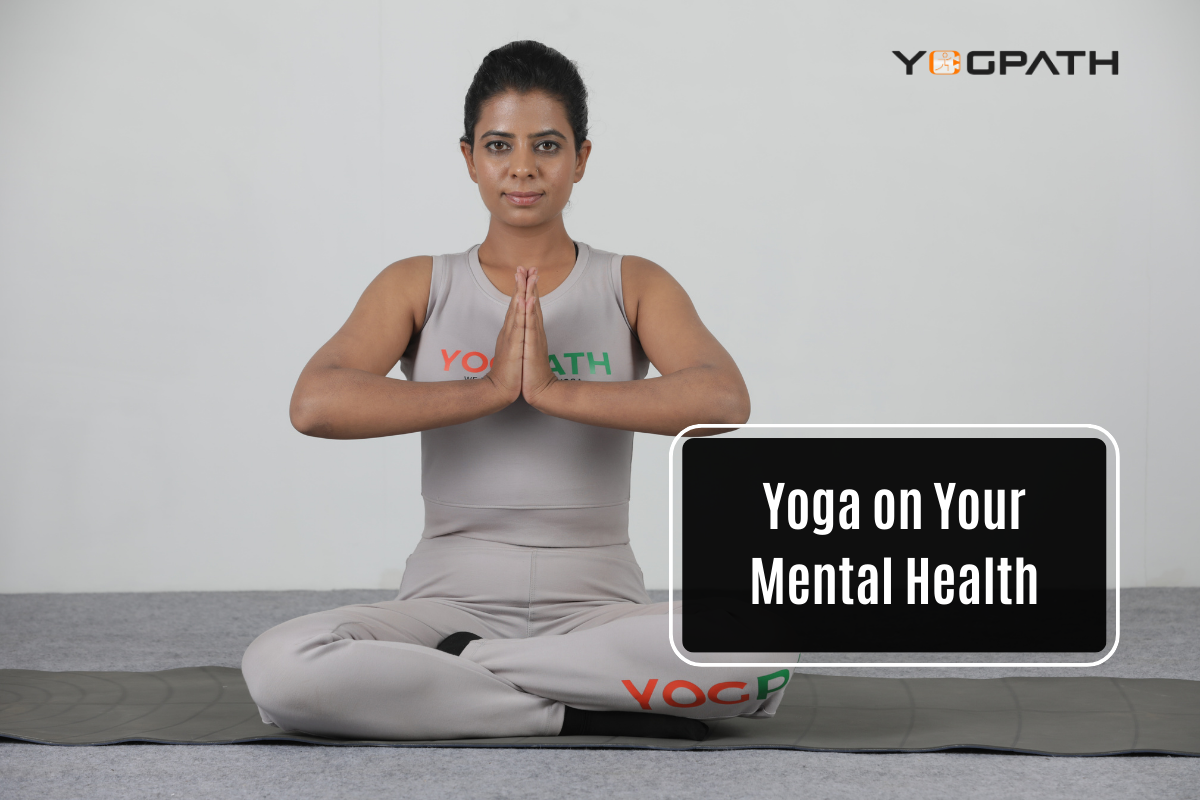
More than 36 million Americans and tens of millions more around the world regularly practice. Yoga is a spiritual and philosophical practice with a history stretching back thousands of years. People all over the world, do it for the health benefits. In addition to its physical benefits, yoga has significant positive effects on one’s mental well-being.
There are many physical advantages to practising
Yoga’s low impact has been linked to a rise in feel-good chemicals like endorphins and GABA in the brain, mitigating the negative effects of stress hormones (gamma-aminobutyric acid). Anxiety and mood can both benefit from these naturally occurring chemicals.
Dr. Keenmon claims that the effects of yoga on the brain have the added benefit of delaying the onset of cognitive decline that comes with ageing. If we make a regular part of our lives, we can delay the decline in memory and other cognitive abilities that comes with getting older.
The effects of 45 minutes of yoga on brain imaging and chemical measurements were compared to those of sedentary relaxation activities like music listening and reading. Dr. Keenmon claims that regular practitioners have higher levels of beneficial brain chemicals.
She explains that negative feelings such as depression, anxiety, and anger can be mitigated through the parasympathetic nervous system’s activation through the practise.
Yoga’s Positive Effects on Your Mind and Body
It’s possible to practise in a wide variety of ways. Hatha, which focuses on physical postures and deep breathing, is the most common style. The physical and mental benefits of yoga include enhanced stability, mobility, and power. There may also be intangible benefits to one’s mental health.
Yoga, as shown in numerous studies, can:
Reduces depressive and anxious feelings
As a form of physical activity, a form of meditation, a form of relaxation, and even a form of socialisation, yoga is a great way to alleviate stress and depression. It can help you regain equilibrium and serenity in your hectic life by calming your nervous system, clearing your mind of distracting thoughts, and improving your concentration. In addition, unlike pharmaceutical options, yoga can calm you down and ease your anxiety and nervousness without the use of any physical or mental restraints.
Lessens the impact of PTSD and related disorders
PTSD is just one form of stress that may be alleviated through practise (PTSD). Researchers at the Centre for Addiction and Mental Health in Toronto, Canada and Brigham and Women’s Hospital at Harvard Medical School found that participants in a kundalini programme showed greater changes in measures of sleep, positive affect, perceived stress, anxiety, stress, and resilience than those who didn’t do yoga.
Improves your ability to focus and remember
Do you ever struggle to keep your mind on the task at hand? Then maybe giving yoga another try will help you reclaim your focus and productivity. Concentration and memory are two areas that have been shown to benefit from yoga’s practise because of the mental discipline required. Finding a focal point during balancing postures in yoga is just as important as tuning inward and listening carefully to your body so as to avoid injury. In fact, the challenge of maintaining balance and form in tree pose helps to calm the mind, soothe the senses, and sharpen concentration. When you silence your thoughts, you make room for better memory.
Lifts your spirits
Mood swings something you have to deal with? Alternately, do you find that your mood is consistently negative or irritable? Then you may take comfort in the findings of a small study that show that people who regularly practise have higher levels of GABA in their brains. You might be wondering, “What is GABA?” It’s a chemical messenger in the brain that regulates how you feel. Those who don’t get enough may experience mental health issues like depression, anxiety, and hopelessness. The practise has been shown to increase GABA levels, which in turn can help you let go of negative feelings and thoughts, replace them with more positive ones, and enjoy greater levels of happiness and confidence.
Retains your mental vigour
One more way in which helps your mind is by keeping your brain young and active right up until the end of life. Some research suggests that yoga and meditation can improve cognitive health and resilience, especially in older adults. Consequently, yoga is an excellent method for maintaining both physical and mental vitality, as it helps to keep the brain active, healthy, and calm.
Benefits on Your Emotional and Mental Well-Being
Yoga is best learned from a certified instructor, either one-on-one or in a small class setting. A instructor will be able to point out any errors in your form and advise you on how to adjust your practise accordingly. Some poses may be facilitated by the use of props such as blocks, straps, and other accessories. Practicing yoga doesn’t require you to be on the floor at all; you can even do it in a chair.
It can also be studied from a book or DVD.
However, attending a live class is the safest option. After you’ve mastered the fundamentals, you can use reference materials like books and videos to hone your skills. Home practise between classes is recommended for maximum benefit, and online instruction can help keep your routine fresh. If you have a home yoga practise and can relax and focus while doing it, you can turn to it whenever you’re feeling overwhelmed.
A primer on yoga’s fundamentals and advanced practises
COVID-19 caused an increase in isolation and social distance that persisted for nearly two years. The scheduling of in-person classes became problematic. Yoga, on the other hand, can be practised virtually with anyone, whether it be friends, strangers, or just one instructor, and it can still produce beneficial results.
Dr. Keenmon recommends “Yoga With Adriene,” a channel with videos for beginners through advanced practitioners. All types of athletes, from novices to seasoned practitioners, can benefit from a brief yoga session. “Morning Yoga Flow,” “Yoga for Forgiveness,” “Stress Melt,” and “Head & Heart Reset” are just a few of the most recent classes.
Taking up yoga is a step on the path to betterment. Self-acceptance is the first step toward reaping the psychological and physiological rewards of this process. All of us going through COVID, round 4, can appreciate that even ten minutes a day can help improve mood, lower anxiety, and cut down on emotional reactivity.
Possibilities of Injury
Even though yoga is relatively risk-free, it is possible to sustain injuries, most commonly sprains and strains. Injuries are possible due to improper form, preexisting conditions, or trying too hard. Untrained educators may be to blame for some accidents. Most people who enjoy don’t let the possibility of injury deter them from doing it. Less than one percent of those who experienced an injury while doing yoga stopped doing it altogether.
Older people, who may have less muscle strength and lower bone density, are more susceptible to the dangers. If you’ve been injured while exercising, you should consult a doctor before continuing. Neither yoga nor any other alternative practise should ever be used in place of professional medical attention.


